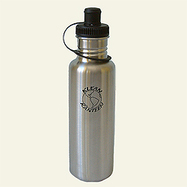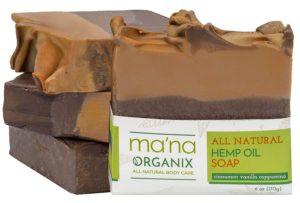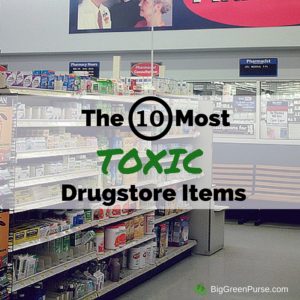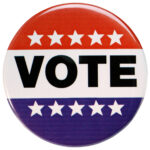
BPA, an artificial sex hormone, has produced irreversible damage in test animals. It has been under fire from environmentalists, scientists, and, increasingly, concerned moms.
FDA, the federal agency charged with regulating food safety, has argued that BPA can continue to be used in consumer products. The agency cites 2 studies indicating that the chemical is safe, despite the fact that both studies were funded by the chemical industry.
Environmental Working Group, the consumer watchdog research institute, says, “The FDA has refused to take into serious consideration more than 100 independent animal studies suggesting the toxic chemical could be linked to serious disorders in humans, including prostate cancer, breast cancer, diabetes, early puberty, obesity and learning and behavioral problems.”
University of Missouri research scientist Frederick Vom Saal today released one of the most comprehensive studies ever published on BPA. The study links heart disease and diabetes to continual, low-dose exposure to BPA — exactly the kind of exposure you would get from drinking canned sodas regularly or drinking regularly from plastic bottles.
In an article published in the Journal of the American Medical Association, scientists report a strong correlation between levels of BPA in American adults and these diseases, both of which are increasing.
“These startling results only increase the urgency of removing BPA from products used by young children,” said EWG senior scientist Anila Jacob M.D. M.P.H. “If the adult population in the U.S. is seeing links between this toxic chemical and heart disease and diabetes, imagine what impact much higher exposure levels are having on babies whose bodies are just developing.”
The National Toxicology Program, an arm of the National Institutes of Health, has asserted that it has “some concern” for BPA¹s negative impact on “development of the prostate gland and brain and for behavioral effects in fetuses, infants and children.”
“If this weren¹t so serious, it would be laughable,” said EWG VP for Research, Jane Houlihan. “Here we have an agency that time and again makes the wrong call on everything from pharmaceuticals, tomatoes and toothpaste, and we¹re supposed to take them at their word over a toxic sex hormone found in baby products.”
Until state or federal laws pass outlawing BPA in consumer products, you can protect yourself by:
* minimizing your consumption of canned food and canned beverages, as BPA may be used to line the cans; choose fresh or frozen food and bottled juices instead
* buy only water bottles or baby bottles that explicitly say they are BPA-Free

* avoid plastic food and beverage containers that are made with #7 plastic; you should see the number in a triangle on the bottom of the bottle.
















6 thoughts on “How to Protect Your Family From Bisphenol A”
We have bpa everyone in our environment. When it’s heated it causes the most damage. bpa increases estrogen levels which leads to hormone imbalances. I only store my food in glass containers and never drink from water bottles.
This brochure will explain what BPA is, why you need to know about it, and how you can protect yourself and your family from it.
The study links heart disease and diabetes to continual, low-dose exposure to BPA — exactly the kind of exposure you would get from drinking canned sodas regularly or drinking regularly from plastic bottles.
Thanks for all your comments. I’m glad so many people are aware of the dangers from BPA.
I have changed my food storage containers from plastic to glass and plan to use glass bottles for my future baby.
I have changed my food storage containers from plastic to glass and plan to use glass bottles for my future baby.
Comments are closed.